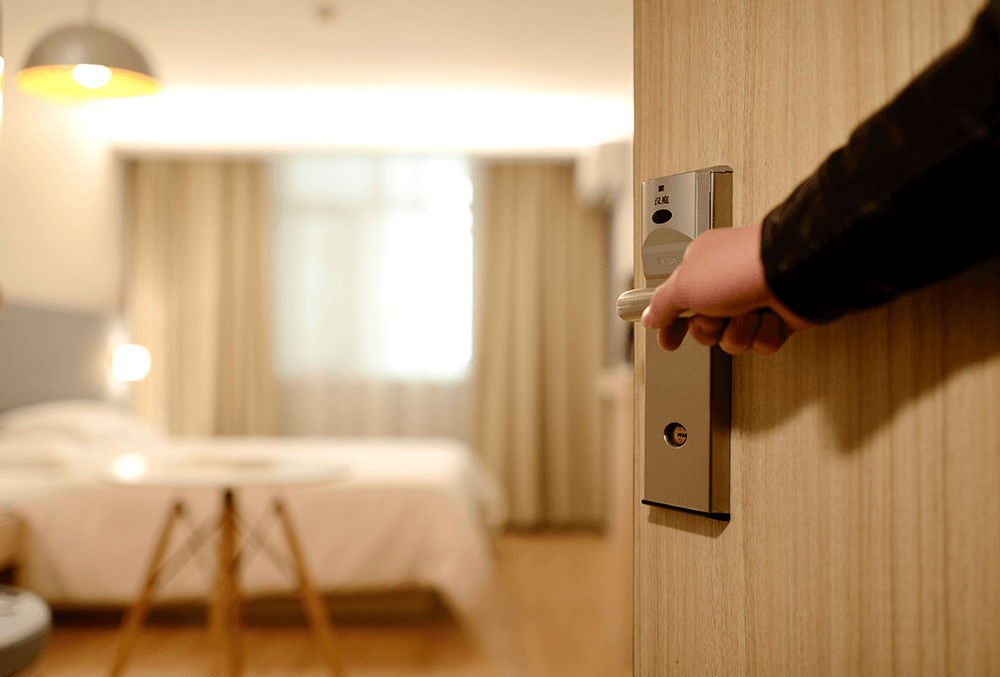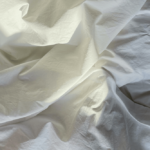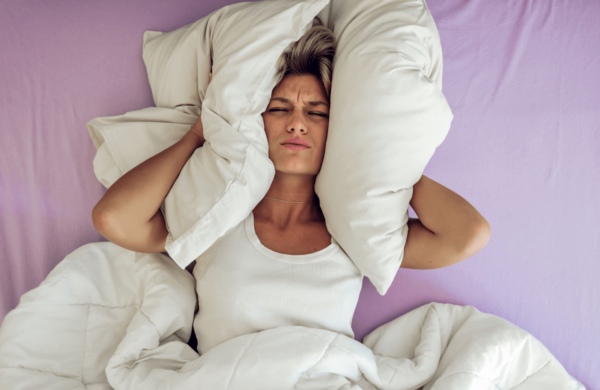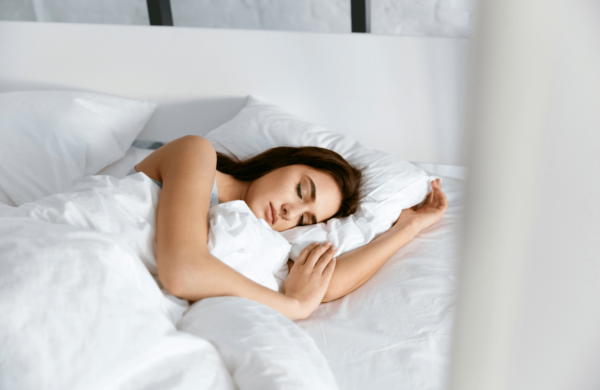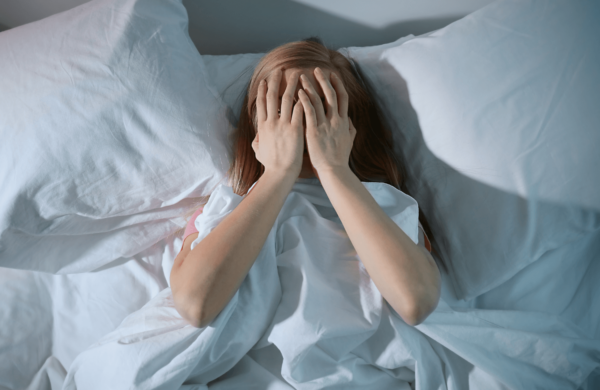The Ultimate Guide to Hotel Sheets: Materials, Weaves, and Care in the Hospitality Industry
Hey there, fellow sleep lovers and hotel enthusiasts! Ever plopped down on a hotel bed and wondered, ‘Why don’t my sheets at home feel this good?’ If you’re nodding along, you’re in the right spot.
We’re diving deep into the luxurious world of hotel sheets—from the types of materials to the nitty-gritty of thread counts, weaves, and even how they’re laundered. Buckle up; it’s going to be a comfy ride!
What Types of Sheets are Commonly Used in Hotels?
Thread Count: The Secret Sauce of Hotel Comfort
So, you’ve heard the term ‘thread count,’ right? What’s the deal with that? Well, it’s the number of threads—both horizontal and vertical—packed into a square inch of fabric.
Most hotels go for sheets that have a 300 to 600 thread count.
Why? Because not only do these sheets feel like a hug from a cloud, but they’re also tough enough to withstand wash after wash. Yep, it’s like having your cake and eating it too.
Linen: The Unsung Hero in Hot Climates
You’ve probably heard that linen sheets are ‘breathable,’ but let’s break that down. Imagine linen fibres as tiny straws—they let air move in and out freely.
This is a lifesaver in scorching climates where a sweaty night’s sleep is a big no-no. And get this, linen wicks away moisture from your skin, helping it evaporate in a snap. It’s like your bed’s personal air conditioner.
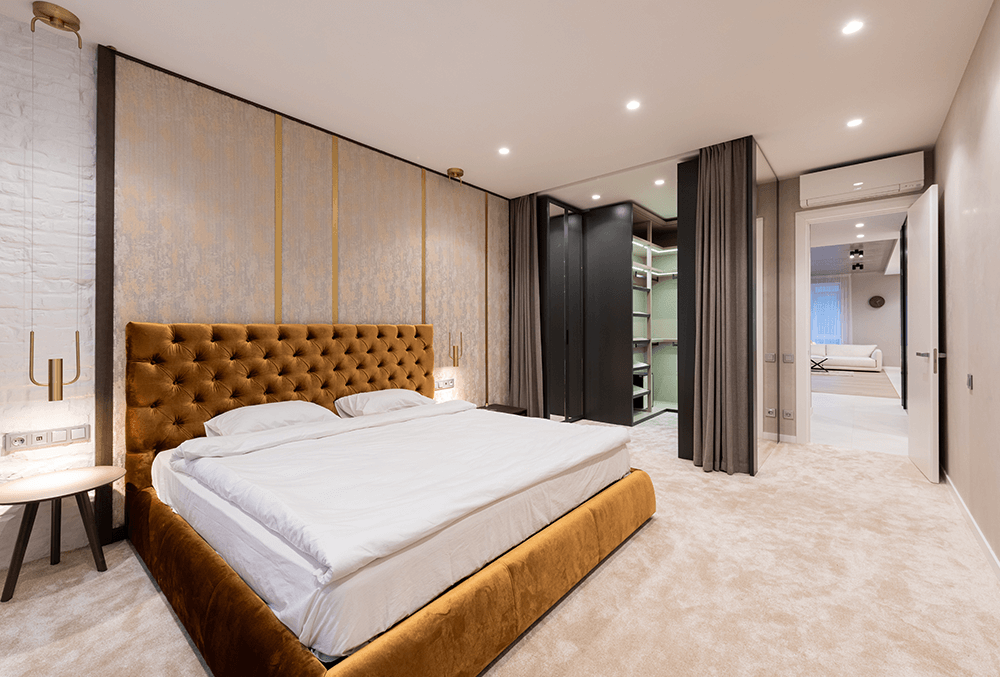
Blended Sheets in Hotels: Not So Common
Why Hotels Avoid Polyester
Blended sheets, especially those containing polyester, have fallen out of favor in many hotels. These are called Polycotton Bedding sets, made from polyester.
Polyester is a synthetic material that tends to trap heat, making it less breathable than natural fibers like cotton or linen.
Also, polyester doesn’t offer the same luxurious, soft feel that 100% natural fibers do. Hotels are in the business of providing comfort and luxury, and polyester blends just don’t make the cut in most cases.
How are Hotel Sheets and Materials Made?
Cotton Production
Egyptian cotton is special because it’s grown in a specific climate that allows for longer cotton fibers, which ultimately create a softer, more luxurious sheet.
The fibers are handpicked, ensuring higher purity and less stress on the fibers, unlike mechanical harvesting, which can break the fibers and lead to a less smooth fabric.
While Egyptian cotton is widely used, another high-quality option is Supima cotton, known for its long-staple fibers that offer exceptional softness and durability.
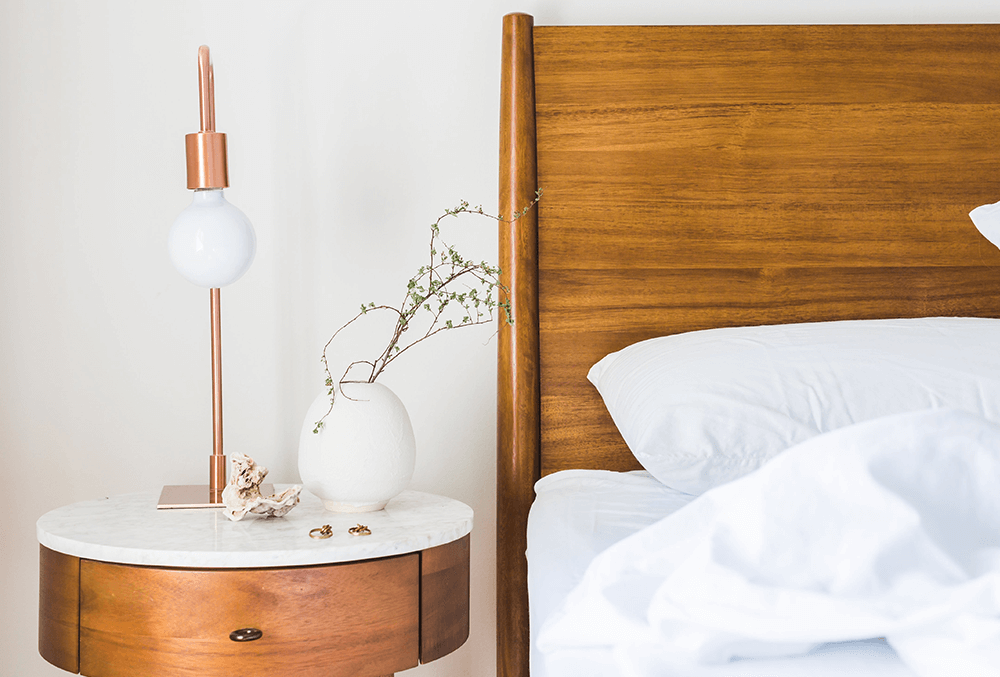
Linen Production: The Flax Fantastic
The More Eco-Friendly Choice
Flax, the plant from which linen is derived, is a highly sustainable crop. It requires less water and fewer pesticides than cotton.
Once harvested, every part of the flax plant is used… nothing is wasted, making it an eco-friendly option.
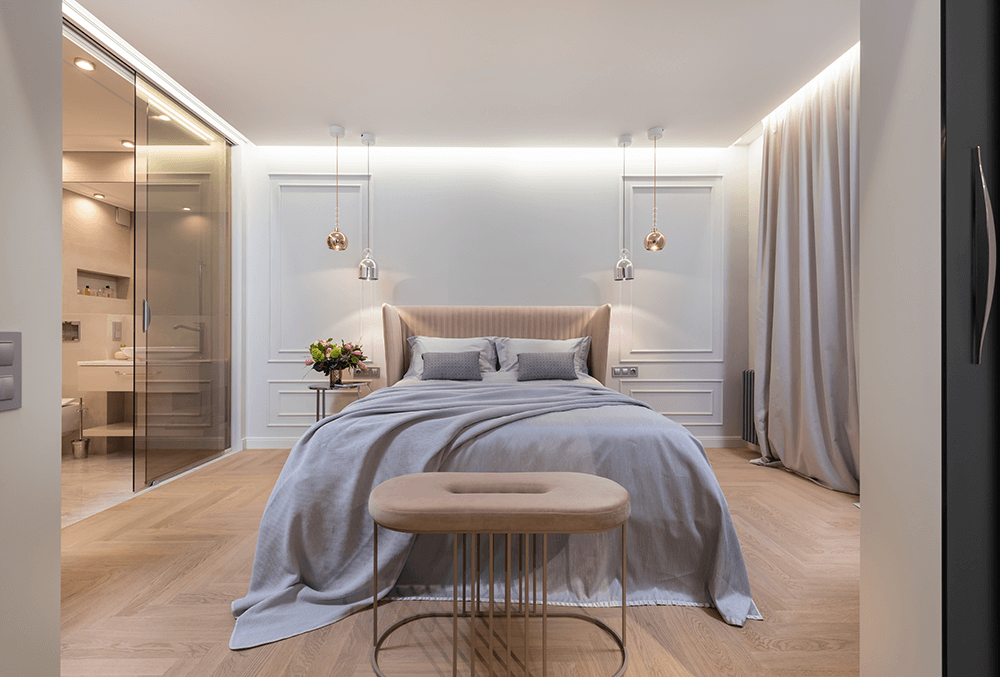
What Sheets Do Popular UK Hotels Use?
Hilton Hotels
Hilton Hotels, particularly in Europe, pride themselves on offering guests high-quality bedding. According to their European website, guests can choose between 100% cotton or a cotton blend for their sheets.
These sheets feature a 300 thread count sateen weave, known for its soft, silky feel. The bedding comes in a white-on-white mini stripe pattern, adding a subtle but luxurious touch. What’s more, these sheets are machine washable and dryable, offering both comfort and convenience.
Hilton often uses high-quality cotton sheets, which could range from Egyptian to Supima cotton, both known for their superior comfort and durability.
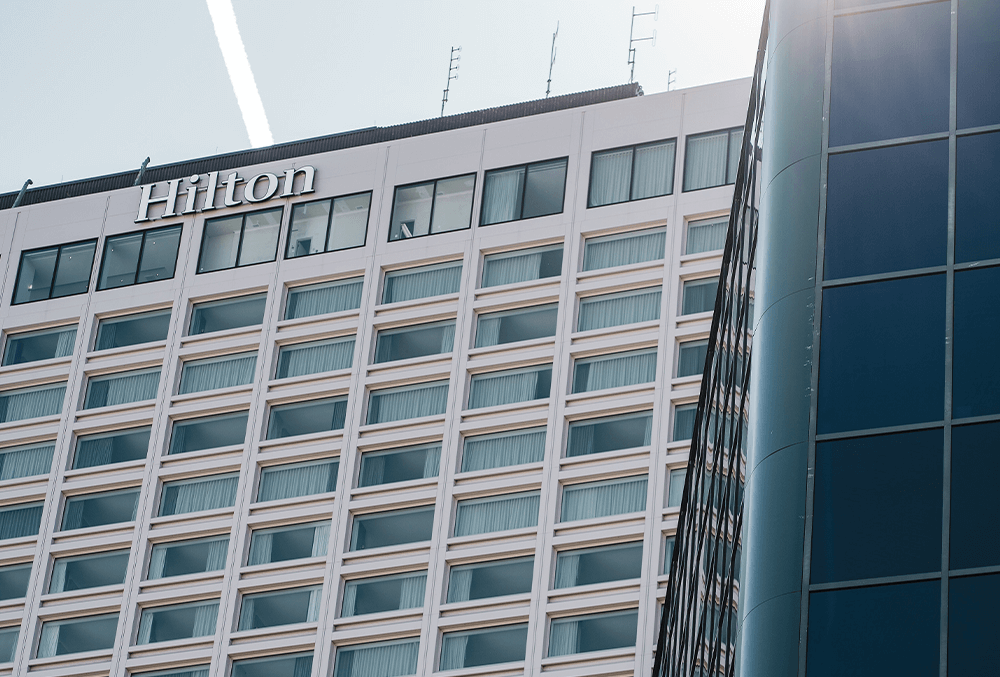
Premier Inn
Premier Inn, a popular UK chain, is known for the comfort of its Hypnos beds. The sheets often feature a percale weave, known for its crisp and fresh feel. While the thread count might not be as high as some luxury hotels, it is generally above average, offering a comfortable sleep experience.
Travelodge
Being a budget-friendly option, Travelodge typically opts for polyester-cotton blends in their bedding. These sheets are durable and easy to maintain but may offer a modest thread count. If you’re looking for functional and affordable, Travelodge has you covered.
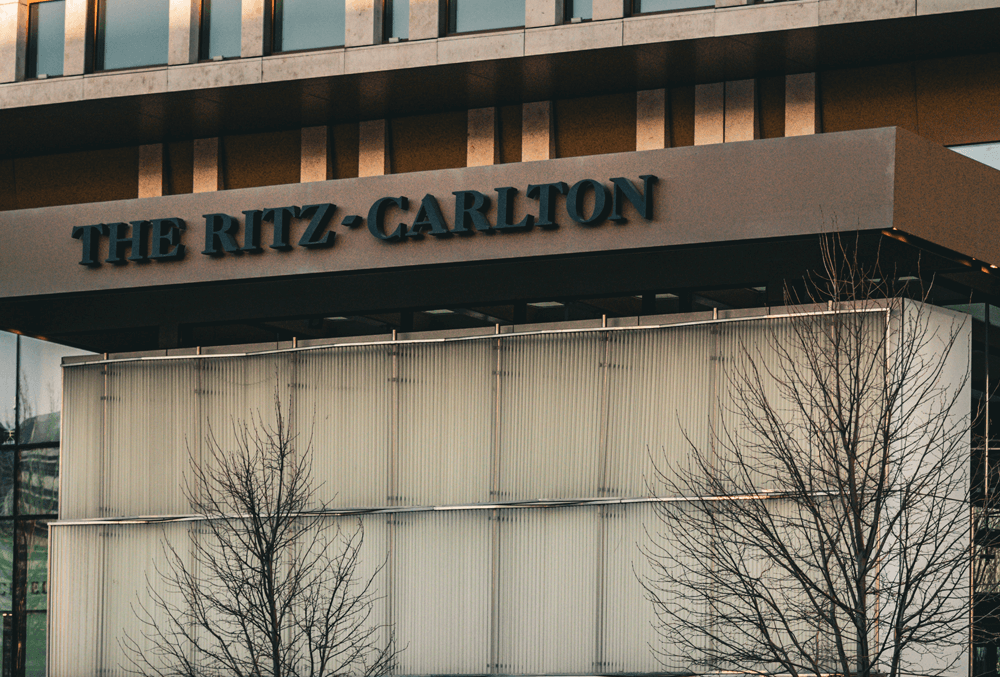
The Ritz-Carlton
For those seeking luxury, The Ritz-Carlton offers an exceptional sleep experience. Their Classic White linens come with a 400 thread count cotton sateen sheet in a clean white hue.
The sleep experience is further enhanced by a luxurious featherbed, essential duvet comforter, and plush pillows. It’s a sleep experience designed to be nothing short of exceptional.
Holiday Inn (IHG)
A guest staying at a Holiday Inn shared on Reddit that the sheets they encountered were a blend of 52% polyester and 48% Modal, as part of the IHG Bedding Collection.
This blend aims to offer a balance between durability and comfort. The use of Modal, a type of rayon made from beech trees, adds a level of softness and moisture-wicking properties to the sheets.
It’s noted that polyester bedding (in which many hotels will use), is often not great for the skin as it is essentially a form of plastic.

Marriott Hotels
According to Marriott’s European online shop, they offer fitted sheets made of 100% Sateen Cotton with a 300 thread count. These sheets are machine washable, suggesting ease of maintenance, and offer a luxurious yet practical sleep experience.
Marriott Hotels often use high-quality cotton sheets, which could range from Egyptian to Supima cotton, both known for their superior comfort and durability.
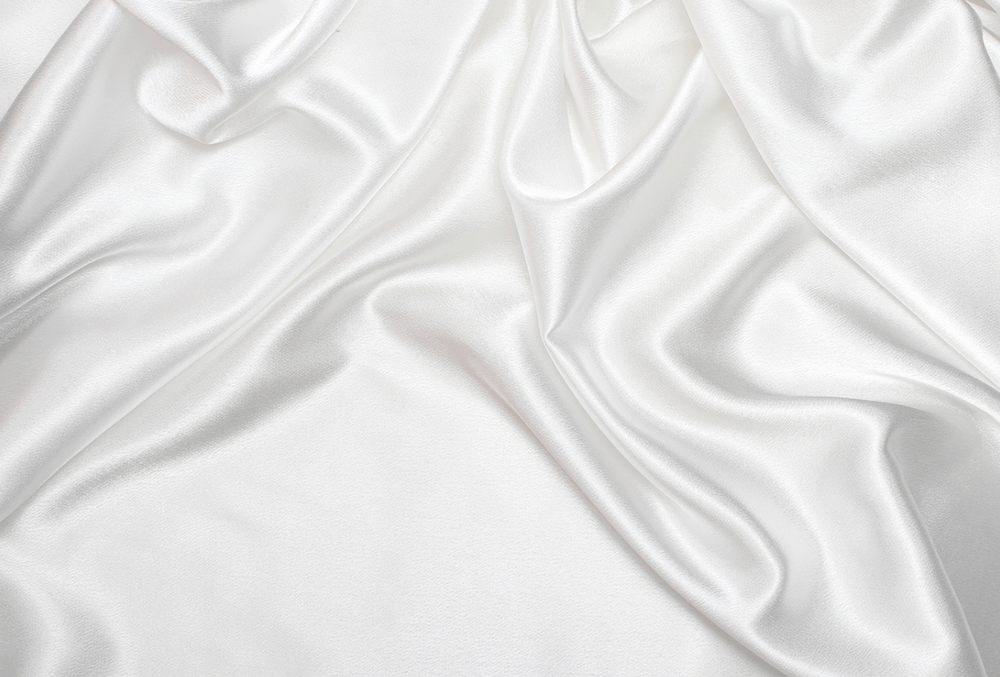
Why Do Hotels Choose These Sheets and Weaves?
The weave of the fabric can significantly affect how sheets feel against your skin, their breathability, and their overall appearance. Let’s delve into some of the most commonly used weaves in hotel bedding:
Sateen
Sateen is known for its silky, luxurious feel, thanks to a unique weaving pattern where multiple threads overlap. It has a high thread count and a sheen that adds a touch of glamour to the bed. However, it’s less breathable and may not be the best option for those who tend to sleep hot.
Percale
Percale uses a simple one-over-one-under weave, leading to a matte finish and a crisp, fresh feel. It’s breathable and is often recommended for hot sleepers or for use in warmer climates.
Twill
Twill is characterized by its diagonal weave, giving it a textured appearance that’s less prone to wrinkling. It’s often used in heavier fabrics and is known for its durability. It may not be as soft as sateen or percale but holds up well to repeated washings.
Jersey
Jersey sheets are knitted rather than woven, creating a stretchy fabric that feels like a soft T-shirt. While incredibly comfortable, they tend to be less durable than woven fabrics and may pill over time.
Flannel
Flannel sheets use a plain or twill weave that’s brushed to create a fuzzy surface. They’re perfect for colder months but may be too hot for summer use.
Jacquard
Jacquard weaves are intricate and are often used in high-end, patterned sheets. The weave varies across the fabric to create different textures and patterns. They are often more expensive due to the complex weaving process.
Muslin
Often found in lower-end sheets, muslin is a plain weave with a lower thread count. It’s less soft and less durable but is a cost-effective option for places like hostels or children’s beds.
Supima Cotton Weaves
High-quality cotton types like Supima are often used in various weaves, including sateen and percale, to offer superior comfort and durability. They take the best qualities of the weave and elevate them with the natural advantages of high-quality cotton.
What seems to be the most common choice for hotel sheets is a cotton sateen weave, for the higher quality hotels that want to offer the most comfort (300-600TC).

What Sheets Can You Expect in Hotels of Different Star Ratings?
1-Star Hotels: Basic but Functional
Let’s be honest, if you’re checking into a 1-star hotel, you’re probably not expecting Egyptian cotton.
Most likely, you’ll find polyester blends with a lower thread count—functional but not exactly luxurious. You may see some cotton blends between 100-200TC.
2-Star Hotels: A Step Up
Here you will still see more cotton blends, we’re looking at lower thread counts that are also lower quality, maybe around 100-300TC.

3-Star Hotels: Middle of the Road
These establishments often strike a balance between cost and comfort. Expect mostly cotton sheets with thread counts hovering around the 200–300TC mark but with an average-poor sourced quality bedding.
To try and make the sheets seem smoother, they may often still use polycotton mixes to try and make the sheets feel higher quality, but these come with out the higher quality attributes.
4-Star Hotels: Comfort is Key
Now we’re getting into the plush stuff. Four-star hotels often feature higher thread counts, around 300-400TC, and you’ll likely encounter sateen weaves for that extra softness that have been sourced from a good supplier who produce good quality fabrics.
5-Star Hotels: Luxury All the Way
Think Egyptian cotton, 300-600+ thread count (depending on the brand), and a choice between percale and sateen weaves. It’s all about delivering a luxurious sleep experience.
The most common weaves that you will be laying in is cotton sateen, as these are the most popular weave of the luxury hotels.
Often 5* hotels in the UK that are a part of a larger group, will often use 300TC cotton sateen bedsheets that have been sourced from an excellent supplier. This is because they try to combine quality with reasonable pricing.

7-Star Hotels: The Pinnacle of Luxury
Yes, the 7-star category is not officially recognised, but if you’re staying at the Burj Al Arab in Dubai, you’re in for a treat.
You can choose from a variety of sheets & pillowcases from a list in the hotel. Primarily High Quality Egyptian Cotton Sateen ranging from 400TC-1000TC, with 9 different pillow choices to help optimise your sleep.
Sometimes a higher thread count for cotton around 1000TC can feel too thick for many individuals, that’s why the sweet spot seems to be around the 400-600TC from a high quality, precise manufacturer for most indivuduals.
Depending on your status and depth of your wallet, you could even be able to access 100% silk sheets and pillowcases for your stay.
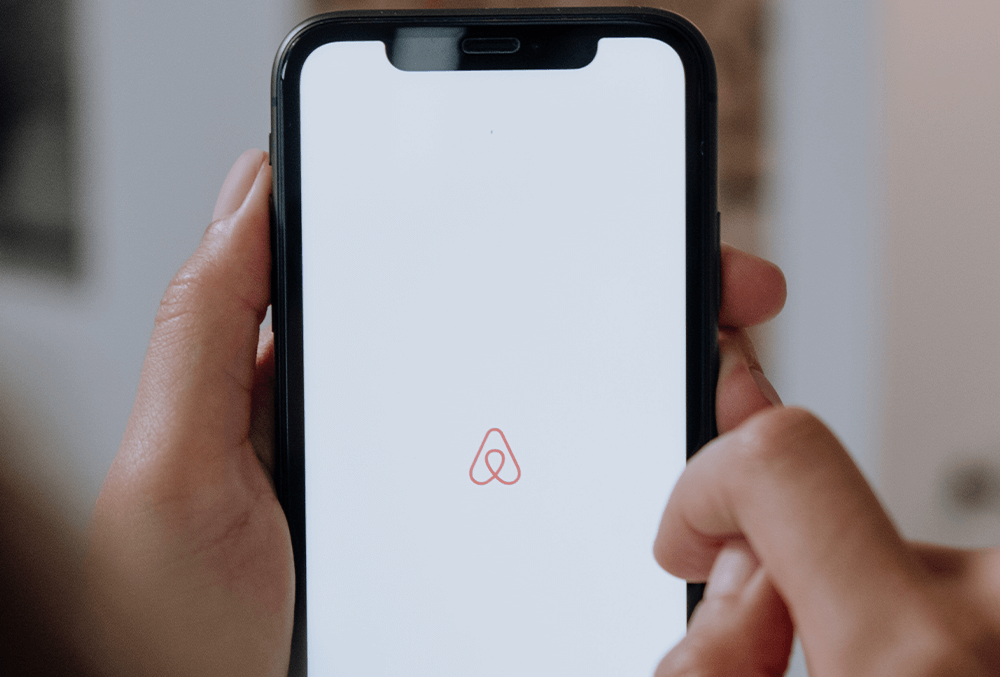
What About Airbnbs? The New Age of Versatile Bedding Choices
Budget Airbnbs: Function Over Luxury
If you’re staying in a budget-friendly Airbnb, chances are you’ll find cotton sheets with a thread count around 200-300TC. They’re durable, relatively soft, and easy to maintain—ideal for hosts who want to provide basic comfort without breaking the bank.
Premium Airbnbs: Stepping It Up
When you move into the premium Airbnb category, the bedding game changes. Expect to find luxurious options like 400-600 thread count cotton sateen sheets. These sheets offer a silky, opulent feel, elevating the guest experience to hotel-like standards.
The Airbnb X-Factor: Customisation
One of the coolest things about Airbnbs is the freedom hosts have to get creative with bedding.
Some might offer bamboo bedding made from 100% Lyocell, which provides a unique type of softness and is often requested by eco-conscious travelers. Thread count for this is actually best around 300TC, if you get any higher than that the bamboo is often mixed with other materials.
You may be able to request french linen if they have the option, especially in summer as it is highly breathable & prefered by a select few.
This flexibility makes staying in an Airbnb a unique experience, as you might find boutique-like choices you wouldn’t typically find in traditional hotels.
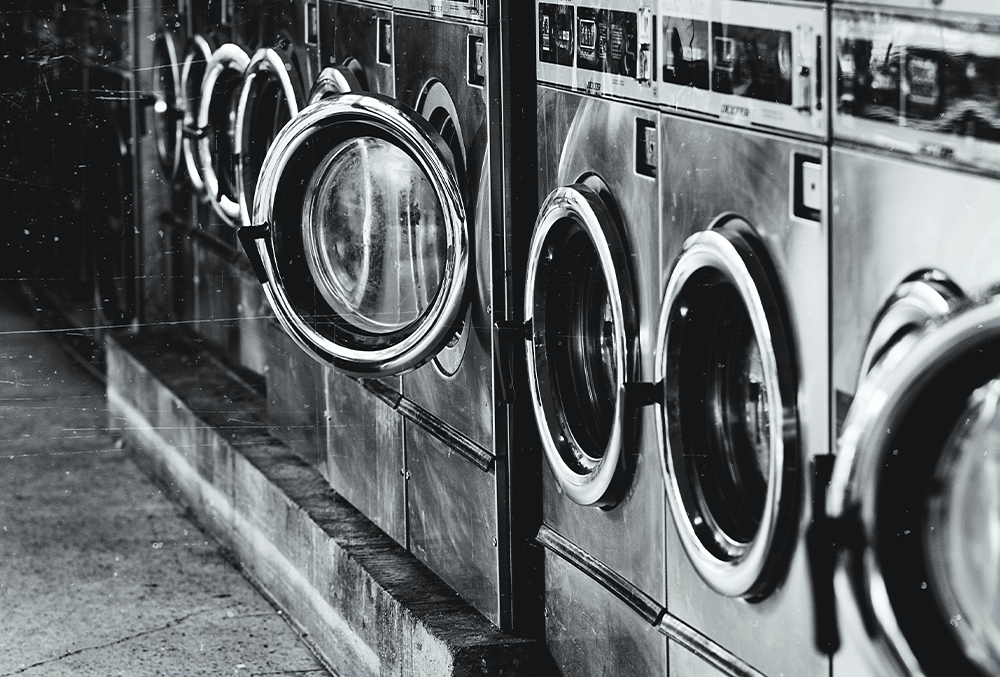
How Do Hotels Maintain Their Sheets?
The Laundry Lowdown: It’s More Than Just a Spin Cycle
So you think hotels just toss their sheets into any old washing machine? Think again! They use washers that are the Ferraris of laundry—industrial-grade and fitted with settings that get those sheets squeaky clean and sanitised.
These machines are laundry workhorses that can handle tons of sheets while sipping water like it’s a fine wine.
And here’s the kicker: hotels often use special detergents and fabric softeners to make sure those sheets keep giving you cloud-like comfort, wash after wash.
Why Higher Thread Count is Preferred
Let’s get real: higher thread count isn’t just about that lush, luxe feel (though, let’s be honest, that’s a huge perk).
These sheets are the marathon runners of the fabric world. Their threads are woven so tightly that they resist fraying and thinning, even after endless trips through the wash.
This is big news in hotel land, where sheets can get washed daily.
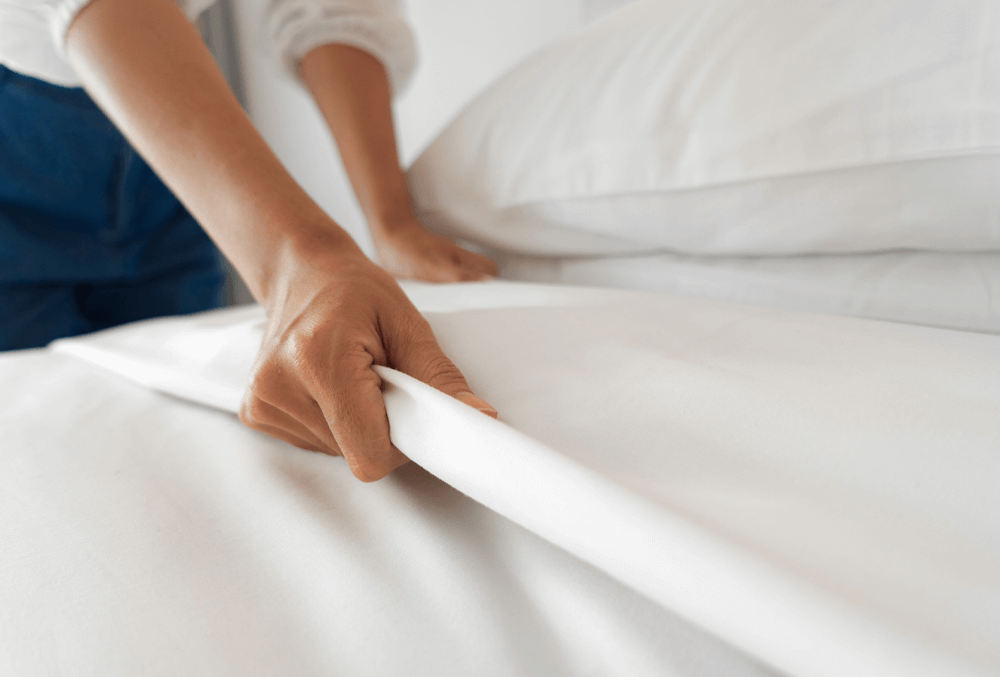
What Bedding Should I Buy to Mimic Hotel Sheets?
If you’re wanting to mimic the premium hotel feel you should be looking at high quality products from 300TC-600TC Cotton Sateen sheets.
Be warned, if you purchase 300TC Cotton bedding online it may often be marked as 300TC, but it actually may be a lower thread count that could be anywhere between 150TC-200TC.
That is why you may need to look at bedding from 400-800TC to start matching the hotel quality bedding, due to many companies giving false information about their thread count.
In Conclusion: Your New Appreciation for Hotel Sheets
We’ve journeyed from thread count basics to the sheer opulence of sheets in high-star hotels.
Whether you’re someone who’s making these bedding choices for a hotel, or you’re just keen to up your own sleep game, understanding what goes into those dreamy hotel beds can be a game-changer.
So, next time you’re sinking into a hotel bed, give a little nod to the sheets. They’re not just there to look pretty; they’re the unsung heroes making sure your sleep is nothing short of heavenly.

